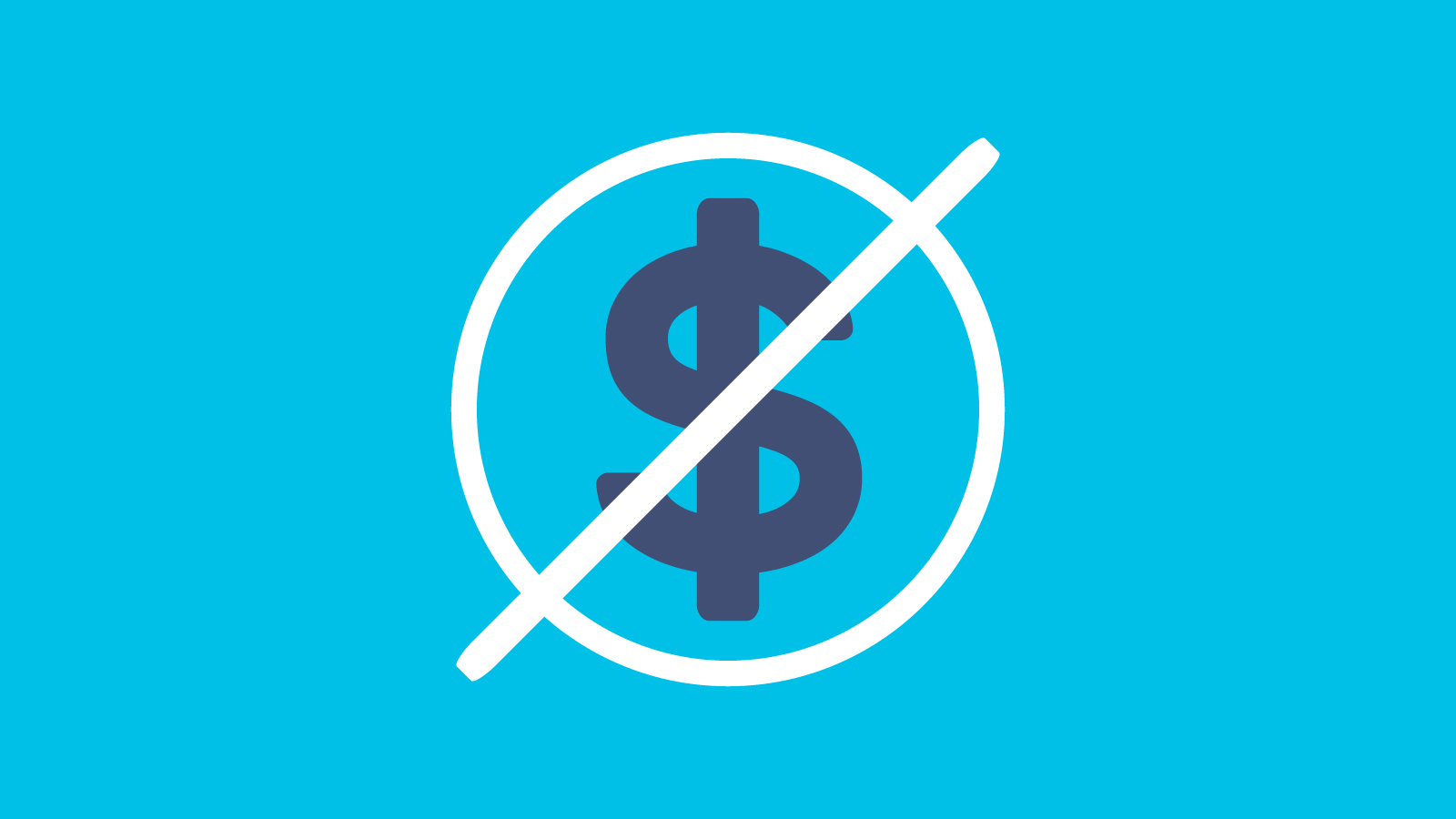Freebies and Opportunities for Science and STEM Teachers, May 20, 2025
By Debra Shapiro

Freebies for Science and STEM Teachers: Elementary and Middle Level
Gemological Institute of America’s GemKit Program
The nonprofit Gemological Institute of America (GIA; https://www.gia.edu/) offers GemKit, an online toolkit about the science of gems and minerals. GemKit brings gemology (a subject rarely covered in grades K–12) into classrooms with video lessons, worksheets, and hands-on activities for grades 4–6. Self-paced and Next Generation Science Standards–supporting, GemKit is designed to fit seamlessly into any Earth science curriculum. Educators can teach the entire program as is or mix and match lessons. GemKit is also homeschool-friendly, making it accessible for all learners and educators, and was vetted by educators. (Teachers must create a free account to access GemKit.)
GemKit is part of GIA’s GemKids program, an Earth science enrichment program developed for upper-elementary students that offers free teacher resources, programs, and online content, including information about gems and rocks and minerals; related careers; the history of jewelry; and a glossary.
Freebies for Science and STEM Teachers: Middle Level and High School
The Remarkable Horseshoe Crab
This video series introduces students to the role horseshoe crabs play in vaccine production, their connection to other wildlife including Red Knots, and their origins on Earth more than 450 million years ago. Most appropriate for middle and high school levels, the series was developed by the National Oceanic and Atmospheric Administration (NOAA) as part of their Ocean Today program, an initiative to spread ocean literacy and marine science knowledge to the public through videos about ocean life. The videos can be viewed online or in multimedia kiosks found in dozens of aquariums, museums, and other learning centers worldwide. The video series is broken down into short video segments describing various aspects of the horseshoe crab; for example, one segment is a Career Spotlight, highlighting an environmental researcher who works with horseshoe crabs. In addition to the video segments, viewers can access fast facts about horseshoe crabs and horseshoe crab–related lesson plans from NOAA for grades 6–8 and 9–12.
Freebies for Science and STEM Teachers: High School and College
Ecology Primary Source Set
To support educators in engaging high school and college students in meaningful conversations on issues related to the environment, the Library of Congress (LOC) has developed a primary source set on ecology. The set features a range of primary sources from the Library’s online collections, including materials that were created in the process of observing the environment for changes (e.g., observations of the whalers of Nantucket and observations of individuals studying changes in the Appalachian forests), as well as results of experimental research projects completed by the U.S. government and colleges and universities studying how the environment interacted with items brought into the community. As with all primary source sets from the LOC, bibliographic records of the items are included in the set, as are links to downloadable versions of the items, suggestions for incorporating the materials into classroom activities, and a list of related Library materials to expand the reach of the set. Students can use the set materials to explore the reflections of researchers and others who have studied the observations and experimental results and have come to conclusions regarding the environment and what actions can be taken to support it.
Opportunity for Grades K–12
Moon Mascot: NASA Artemis II ZGI Design Challenge
This global competition invites creators to design a Zero Gravity Indicator (ZGI) for the Artemis II mission. This ZGI will be a plush toy that accompanies astronauts aboard the Orion spacecraft during its journey around the Moon. The winning design will be fabricated by NASA’s Thermal Blanket Lab and flown into space. The challenge offers a way to teach students about aerospace, aeronautical, materials, and mechanical engineering; materials science; creative, industrial, product, and costume design; and graphic art and illustration.
The challenge is open to K–12 students as individuals or classroom teams. Supplemental materials for grades K–8 are available on the challenge website in English, Spanish, and French. A link to a challenge webinar is also available on the website.
Two K–5 Classroom winners, two grades 6–8 Classroom winners, and two grades 9–12 Classroom winners will receive $1,225. Two K–5 Individual winners, two grades 6–8 Individual winners, and two grades 9–12 Individual winners will receive an Artemis prize pack. Submissions will be due by June 16, and winners will be notified on or before July 31.
Infiniscope’s Build Your Own Virtual Field Trips With Tour It
In this two-day training series, you’ll learn how to create your own virtual field trips using Tour It. This hands-on training is designed for educators who want to bring immersive, interactive learning experiences into their classrooms. The training sessions will provide the tools to design virtual field trips that engage and inspire your students. The training and tool are available at no cost to educators for non-commercial use, and you can earn stipends for creating and sharing your virtual field trips with the Infiniscope community.
Trainings will be held on June 4–5 and July 16–17 at 10 a.m.– 12 p.m. Pacific Time via Zoom. Register at https://infiniscope.org/page/events.
Opportunity for High School
Knowles Teacher Initiative Teaching Fellowship
Knowles Teacher Initiative’s Teaching Fellowship will begin accepting applications for its 2026 cohort in June. The fellowship is designed to support early-career high school science and mathematics teachers’ efforts to develop teaching expertise and lead from the classroom. Fellows receive financial support, coaching and mentorship, community membership, and lifelong connections to the Knowles Community.
Two webinars about the fellowship will take place in May: May 21 at 7 p.m. or May 22 at 12 p.m. Register at https://www.knowlesteachers.org/teaching-fellowship/teaching-fellows-program.
Careers Distance Learning Earth & Space Science Engineering Environmental Science General Science Instructional Materials Lesson Plans Life Science News Physical Science Professional Learning Science and Engineering Practices STEM Teaching Strategies Kindergarten Elementary Middle School High School Postsecondary


